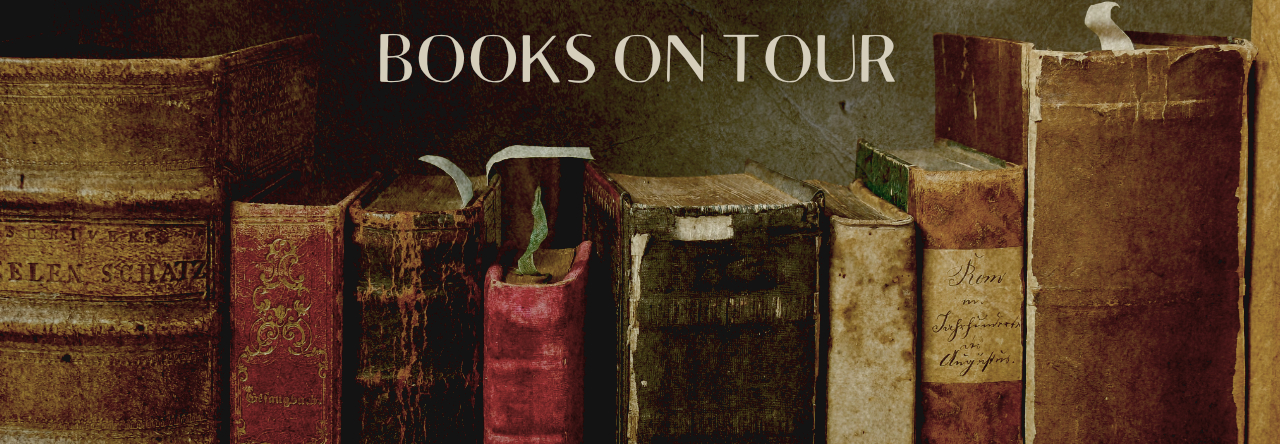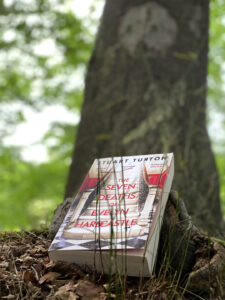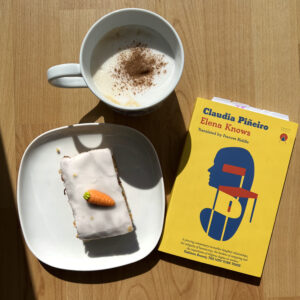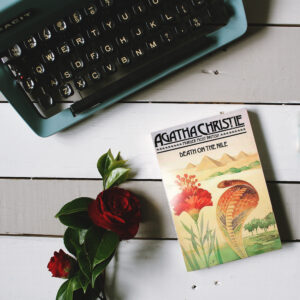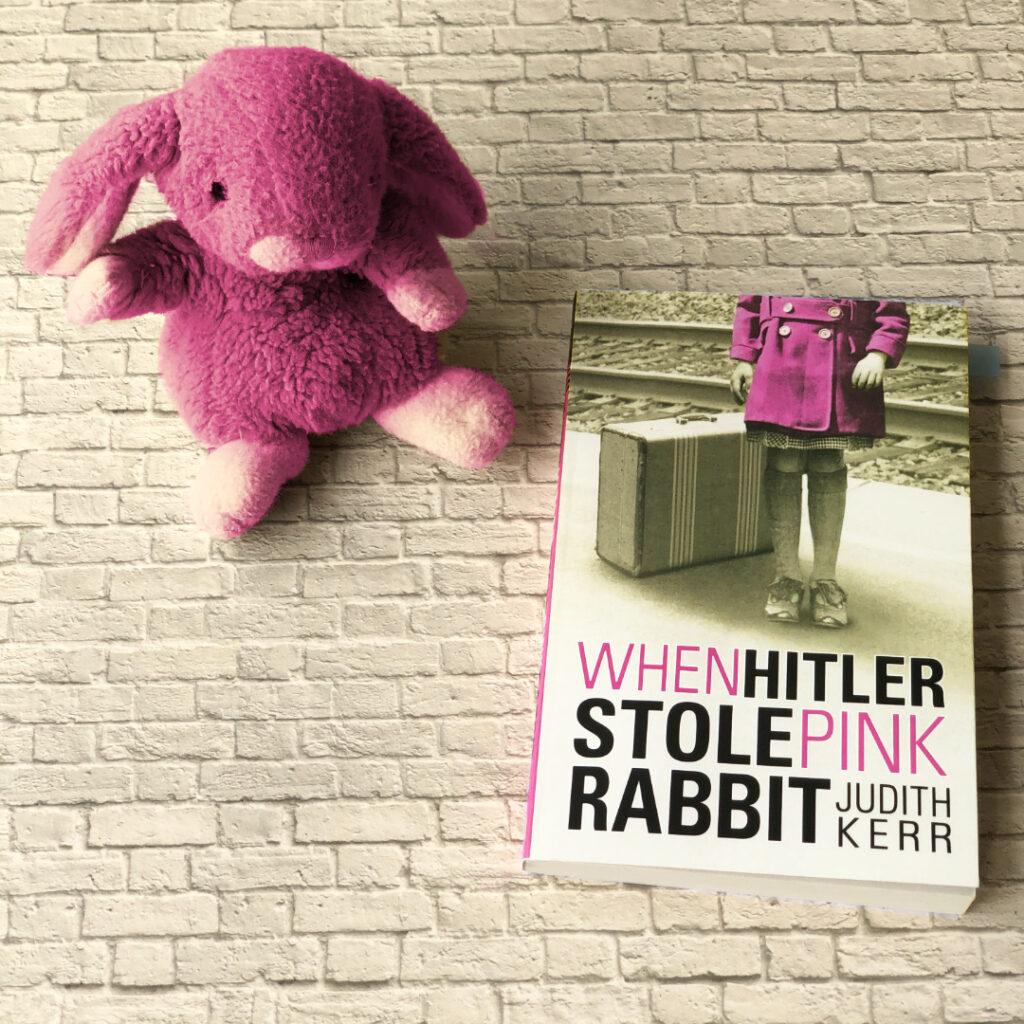
Publication Date: 2009 (first published 1971)
Publisher: Puffin Books
ISBN: 9780142414088
Genre: Historical Fiction
Strong Point: The elegant style in which the story is written.
Weak Point: The topic of Nazism and the Jews are quite superficially narrated.
Books on Tour Rating: 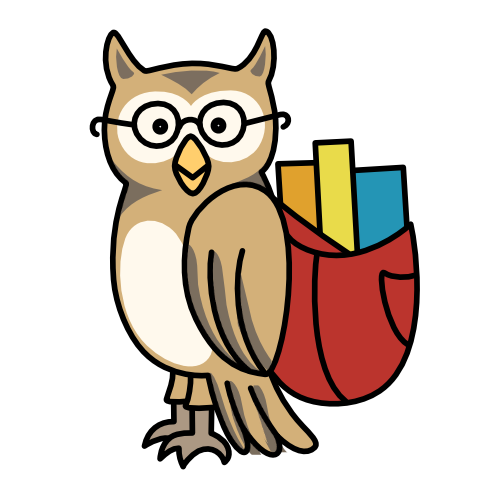

 (3/5)
(3/5)
Goodreads Rating: ⭐️⭐️⭐️⭐️ (4.00/5)
“I don’t really mind where we are (…) as long as we’re all together.”
“WHEN HITLER STOLE PINK RABBIT”
That the second world war was one of the most awful events of the 20th century I think it is mostly clear for everyone.
We are used to read books about World War II and the events that led to it from the perspective of adults. In my case, all the books I have read about the Second World War have been written by grow-ups (last one being the beautiful “The Garden of Angels”).
However, I think it is very important to try to understand how a child would live through that horrendous experience. Unfortunately, “When Hitler Stole Pink Rabbit” in my opinion does not completely accomplish that task.
THE STORY
It is 1933 and Anna (9 years old) lives in Berlin with her older brother Max and her parents. His father is a famous writer and her mother takes care of the family. They are Jews, although Anna herself explains that “we’re not religious. We don’t go to church at all.”
Anna has heard that there is a really bad man called Hitler who somehow hates people like her family, the Jews, and he doesn’t like what his father writes about him and his colleagues in the newspapers.
One day, Anna wakes up in the morning to find his father is gone “on a journey”. And this is the beginning of a new and different life for Anna and her family.
As a consequence of the situation in Germany, and fearing what will for sure come later, and even before Hitler and his party win the elections, her parents decided they should all leave the country.
They go first to Switzerland, later to France and finally to England.
For Anna all this is just fine if it were not because she didn’t bring her pink rabbit, which she left home and she is sure Hitler has stolen.
And in a way, this is true. Hitler and the Nazis stole (among other things) millions of children of their childhood, of being able to play with their friends, or attend school.
On the other hand, the author emphasizes the feeling of togetherness that the family is trying to maintain since they were forced to leave Germany. And this is, in my opinion, the most important topic of the novel.
For Anna, no matter what happens in her life, nothing makes a difference as long as the whole family is together. The rest they would figure out.
OVERCOMING DIFFICULTIES
Anna has to beat the many difficulties she encounters during her exile. She has to adjust to different school systems and even learn a new language, French.
The book also talks about the subject of being a refugee, of feeling like a foreigner everywhere you go, of belonging to a place or not. This touched me very much as it is more or less how I have felt during the last decade.
I was moved to read about these struggles, especially the part of learning a new language, with which I totally sympathised.
That is another big lesson that Kerr teaches us all. We all have the power to face our problems as long as we keep and open mind and are willing to do it. It takes time (and even tears, as it happened to Anna) but in the end, we will succeed.
All the problems she encountered made her a stronger person. For this reason, when they arrive to England, Anna knows that she has the strength and the power to navigate through the obstacles that she will for sure run into.
FINAL THOUGHTS ABOUT “WHEN HITLER STOLE PINK RABBIT”
To sump up, the book is a very sweet one which I would advise parents to give to their children. I think it is recommended for Middle Grade but please check it out first with the publisher.
It is very important that children understand what happened during that dark period of history. Unfortunately, nowadays there are very few survivors from those years and we have to make sure that the younger generations do not forget about it in order not to repeat the past.
However, the story is narrated with too much superficiality. I know it is written for children, but the Nazis and Hitler are just a mere annoyance. They are not considered or treated as a strong threat, which made me give the book only three stars.
In my opinion, “When Hitler Stole Pink Rabbit” is more a book about emigration than about the Jews or WWII.
A huge shoutout to the illustrations. They are placed at the beginning of each chapter and they serve as a kind of summary of the chapter. They are adorable.
